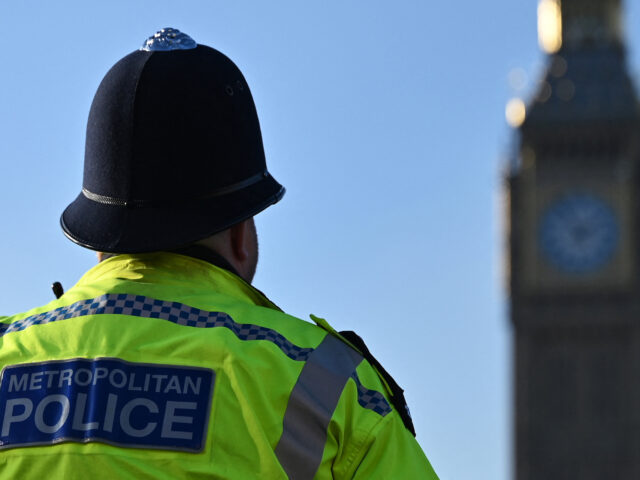A new index rating free speech across the globe has described the UK as only being “partially open” amid the government’s online censorship plans.
The ‘Index Index’, a new global ranking scheme for freedom of speech and expression by the Index on Censorship, has ranked the UK as being only a “partially open” country, with the nation falling behind many European neighbours.
Those behind the new system cite the government’s plans to censor the internet via the country’s Online Safety Bill, which was described by one individual linked to the index as Britain taking “backwards steps” on free expression.
In a press release published on Wednesday, researchers linked to the Index Index system described the UK as having fallen behind the likes of Ireland, Germany, Sweden and Switzerland in its protection of free speech within academic, media and digital spheres.
According to the researchers, the new Index Index project uses “innovative machine learning techniques to map the free expression landscape across the globe”, a method which allows the organisation to allegedly give “a country-by-country view of the state of free expression across academic, digital and media/press freedom”.
“The United Kingdom ranking may well raise some eyebrows, though is not entirely unexpected,” Ruth Anderson, the CEO of the Index on Censorship, which is behind the new Index Index project, reportedly said.
“Index on Censorship’s recent work on issues as diverse as Chinese Communist Party influence in the art world through to the chilling effect of the UK Government’s Online Safety Bill all point to backward steps for a country that has long viewed itself as a bastion of freedom of expression,” she went on to explain.
WATCH: Army Veteran Fined While Praying for Dead Son Outside Abortion Clinichttps://t.co/Ds28WaejXw
— Breitbart London (@BreitbartLondon) January 20, 2023
Although Anderson went on to explain that the UK remains well ahead of the likes of China, Russia, Saudi Arabia and United Arab Emirates, the Index on Censorship CEO appeared clear in her warning that Britain’s delve into online speech controls has hindered freedom of expression.
Even before the government’s contentious Online Safety Bill, the UK has had an extremely poor track record for free expression online, with cases of netizens being visited by police over online posts criticising transgenderism or some other aspect of progressive life becoming relatively routine in the country.
The last number of weeks have also seen a number of people arrested and even criminally charged for silently praying near an abortion centre, something the country made illegal in September of 2022.
One army veteran was even reportedly fined by the country’s authorities for praying for his own deceased son near one of the centres.
“I would never have imagined being in a position to risk a criminal record for praying silently,” he reportedly said after being fined for the criminal offence. “In the past, I assisted with abortions in hospital as part of my army medical training, but now I pray for those who perform abortions because I realise how harmful abortion is to women and families, and that every single human life is valuable – no matter how small.”
Things could soon get even worse in the UK, with the country’s Online Safety Bill set to force social media giants to censor even more content that is now currently available online.
While the exact future of the bill is up in the air, politicians have repeatedly pushed for so-called “legal but harmful” content that could be deemed inappropriate for children also to be proactively censored by social media giants, with those at the helm of such platforms facing criminal sanction should they fail to see such content removed.
UK Censorship: Patel Demands Big Tech Block ‘Legal But Harmful’ Content https://t.co/shK267129b
— Breitbart London (@BreitbartLondon) February 18, 2022

COMMENTS
Please let us know if you're having issues with commenting.